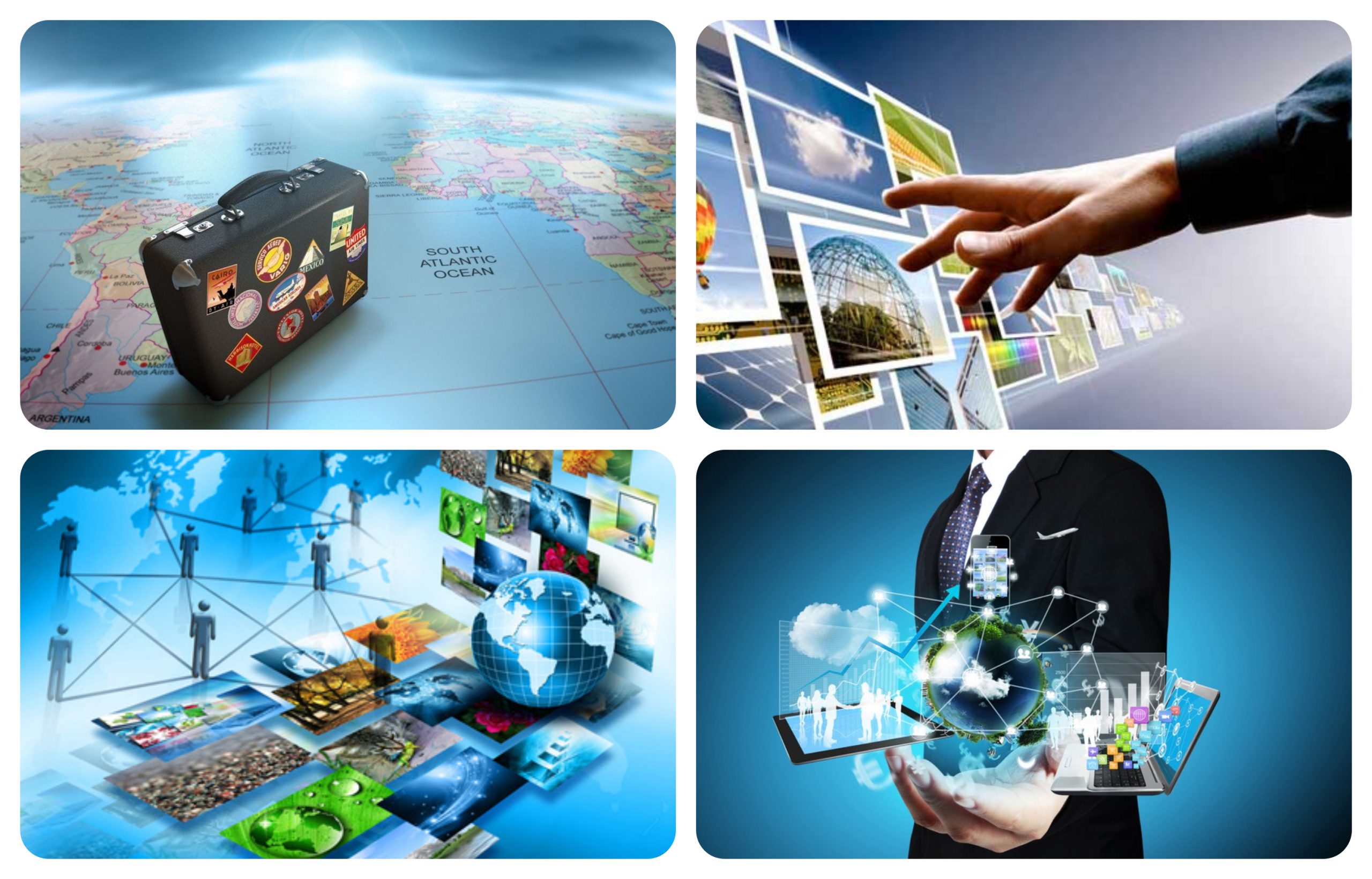The remarkable rise of the internet over the last two decades has had a profound effect on the development of new and exciting technology that has positively enhanced the industries of hospitality and tourism. In the last decade especially, the use of Information Technology in the travel industry has been pivotal in the reduction of overall costs and improvement of customer satisfaction. With the travel sector being one of the most profitable in the world and one that is continuously expanding, it is critical that businesses keep up-to-date with the latest technological advancements. We have outlined below three of the most popular tech trends currently gaining a lot of traction
Artificial Intelligence (AI)
Although the term might bring to mind futuristic dystopian landscapes ruled by robots that have enslaved humanity, AI is in fact regularly embedded within the travel and hospitality industry. Simply put, it refers to computerised programs that can learn to carry out tasks that would normally require human intelligence to perform. This has the enormous potential to save businesses money and effort by making it possible for tasks to be performed around the clock in very little time.
AI-enabled platforms without the use of dedicated human staff have become the norm and are currently part of most online booking systems in the form of chatbots or virtual assistants. And given that AI systems naturally improve their knowledge base by learning from customers’ behaviour, they can be used to provide a more personalised travel experience.
And the application of AI in the travel sector is not confined to the field of customer services. More and more companies are using intelligent systems to automate most of their onerous data analysis and management projects and draw conclusions about business performance.
Recognition Technology
Recognition technology is currently taking the travel industry by storm. Facial and fingerprint recognition is widely available worldwide and helps streamline passengers’ journeys and reduce unnecessary waiting times. Biometric identifiers are now also used in some hotels to allow a smoother, more personalised check-in process as well as provide access to rooms without the need for key cards by simply using fingerprints.
Facial recognition can also help improve overall security protocols by identifying guests’ identity and allowing or forbidding access to certain places. But surely one of the most exciting functions of recognition technology is the ability to complete payments without the need for cash or even credit card.
Immersive Visual Experiences
Virtual Reality (VR) and Augmented Reality (AR) are two trends that have exploded in the tech industry and are now also being applied in the travel sector. They are currently being used for virtual simulation of travel destinations and accommodations- a type of very realistic ‘try before you buy’ experience. Recent studies have shown that enhancing the pre-booking experience with VR or AR has shown a 40% return on investment, making this a very promising option for the future of travel. Even more interestingly, VR can help users immerse themselves in a digital environment when, for whatever reason, they are unable or unwilling to travel.

Recent Comments